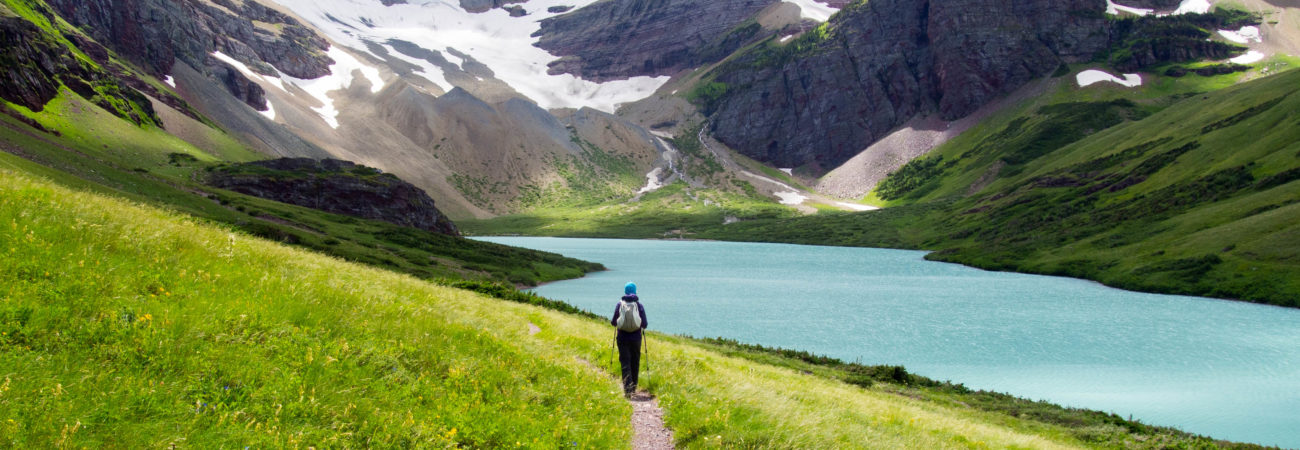
Back in the early spring, when the pandemic was still in its U.S. infancy, I watched the unraveling of so many systems with a sense of dread. All I could think of were parallels between what I was seeing and some of my worser-case scenarios for the social upheaval that may result from climate change. And so I wrote this:
Long have I envisioned a day in the future, maybe 20 years from now, maybe only 10, when my daughter will come to me with a question I cannot easily answer. The afternoon will be sunny, warm, with a slight breeze, and in so many other times and places, a perfect day. Except it will be December, January. Something will be not quite right, or many things will be terribly wrong. I will know the question before she asks it; I have been imagining it for years. Why wasn’t more done, and sooner, to deal with climate change?
I used to think that I could manufacture a satisfactory answer, that if I altered my patterns of consumption, buying in bulk and largely avoiding plastic packaging, that if the toys in our home were pre-loved, that if we grew our own food, composting what we could not use, then at least I would be able to say we had done what we could as a family. But I too am complicit, and my answer of old, while enough to assuage my guilt occasionally, will not be enough to compensate my daughter for other forms of materialism and carbon expenditures that I overlook.
As it stands, I will be compelled to tell her that people were paying attention; the science was clear. But less clear was a deliberate and shared plan, as well as the collective will, to enact both small and large-scale changes in a timely fashion. Greed was in abundance, I might say. The allure of privileging self over all else was still running rampant.
It has been more than 50 years since early warnings about the impact of human activity on the environment, more than 30 since James Henson’s testimony to the U.S. Senate about the greenhouse effect. Still, despite our reasonable understanding of how to avoid the worst fallout of climate change, government policies and individual decisions insufficiently take into account how the necessary measures will affect daily life. Where, for example, are the widely agreed-upon plans for how to manage food shortages? Lack of water? Job loss? Climate refugees? Instead, organizations develop well-intended goals that lack near-term actionable strategies to provide the time and resources communities need to begin adapting.
With travel, leisure, and so much business ground to a halt, the pandemic has offered a short-term preview of the type of emissions reductions some say is necessary to limit warming to 1.5 degrees Celsius. But for individuals whose welfare is tied to currently unsustainable businesses, financial ruin is a more immediate concern. Inevitably, future climate catastrophes will similarly and severely impede daily life, and without specific plans, the accompanying humanitarian crises will be devastating.
The pandemic has demonstrated that even when necessarily flexible crisis plans exist, follow-through is haphazard at best. Global and regional organizations have been preparing for the possibility of a pandemic for years; they have developed and continue to improve upon guidelines for the prudent handling of one. Yet daily, headlines reveal inconsistent and mismanaged responses that have a very real human cost. Imagine this scenario in a longer-term crisis with no promise of a vaccine.
My fear is that when my daughter asks about the environmental changes upending her world, I will cower into answers like the ones proffered by leaders today, who meet questions about the pandemic with deflection, accusations, lies. They answer it with smirks or unwarranted pats on the back. They answer it with the assertion that the science is, indeed, mistaken, or that this is all someone else’s fault. They say it will just go away.
If there is to be hope for society in the midst of future climate-related disruptions, then humankind must be willing to work furiously and tirelessly–all of us, and especially those at the points of power–to prepare. Preparation, of course, is not enough; we must be willing to act on those preparations, as well as develop new plans as old ones become irrelevant or no longer good enough.
Our children will be coming with hard questions for us, questions being played out in the public sphere at this moment, albeit for a different global catastrophe. Let us absorb and reflect upon the discomfort of the fumbled answers during this time. And then, let us summon the courage to make a ruckus now so that we have more than silence with which to meet our children’s questions later.
Sept. 2020 addendum: As with many such essays about climate change, the ending falls short. What do I propose? I have no idea. Who, exactly, can say what needs to happen in our day-to-day lives that is do-able and can be quickly implemented? If someone knows, they should be shouting much louder. Too many diatribes end with cheap optimism; how often have I read the words, “But there is still time, if only…” My reaction to those is to wonder what the headlines will read when there isn’t still time.
At any rate, if we haven’t got the answers, we certainly aren’t going to get them without talking about the problems at hand, so we may as well do that.
